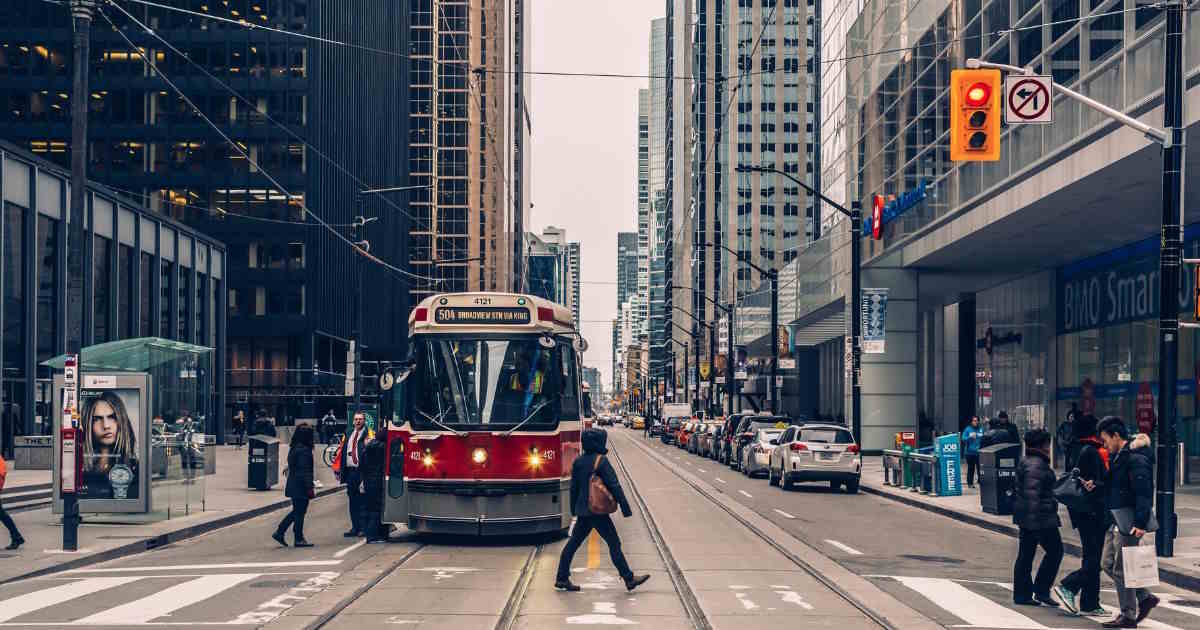Toronto’s public library, one of the busiest public library systems in the world, was was taken offline by a devastating ransomware attack last October. For over four months, library operations were severely disrupted, leaving staff to resort to analog workarounds while over a million books sat stranded.
On October 28th, hackers encrypted the Toronto Public Library’s computer networks using ransomware, the hackers managed to steal sensitive employee data. The library refused to pay the ransom, instead choosing the arduous path of rebuilding systems and restoring services without paying the criminals. This resulted in nearly 5,000 employee and public computers being offline for months.
With no access to digital catalogs and circulation systems, library staff had to manually record barcodes and track lending using paper and pen. Books piled up in branches across the city as the library’s central distribution center was unable to process returns. Patrons with critical needs for public computing and internet access were left without these vital services.
While the library tried its best to maintain operations, the attack severely limited its ability to serve Toronto’s communities. As staff surveyed users, they found that for 80% of respondents the library provided their only access point for internet and computer use. With technology down, the library could not provide this access, nor other services like helping newcomers contact overseas relatives.
Now, over four months later, TPL’s computers are coming back online and started to reopen its digital doors to the public, But the attack’s impacts on the community linger, eroding the public’s trust and access to a critical institution.
Libraries play a crucial role in serving the community beyond lending books. They provide a vital space for internet access, warmth, shelter, and opportunities for various underserved populations. A TPL survey revealed that 80% of respondents relied on library branches as their primary access point to the internet. For many, the library represents the last free space available to everyone, contributing significantly to the community’s well-being.












